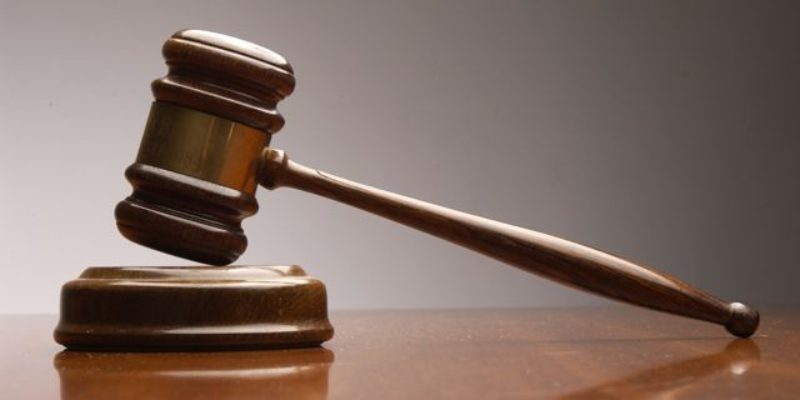Democratic State Representative Kyle Green, Jr of Marrero filed a relatively brief piece of legislation with big consequences.
HB 206 would remove from the ballot the party affiliation of judicial candidates in Louisiana.
Ostensibly this is presented as a sincere attempt to remove “partisan politics” from the judiciary, since judges are supposed to issue rulings upon the merits of the case, the law, and higher court precedent.
In reality the bill is an attempt to save Democrat and unaffiliated (commonly referred to as “independent”) judges from being swept aside in districts where voters have demonstrated a greater support for the GOP. Interest in and affiliation with the Louisiana Republican Party has jumped with the Democratic Party’s swan dive into the empty pool of progressive politics, cultural Marxism, and their reinvention of truth.
In terms of the judiciary this gained new relevance particularly in biological science as the US Senate just confirmed a new US Supreme Court Justice who admitted she could not determine what a woman is.
Fearing that the national Democratic political narrative would be applied to Democrats on a local level, it’s understandable why some would want to remove such a ballot albatross from their candidates.
But that doesn’t make it acceptable.
This bill is a cynical slight-of-hand to deny information about candidates to the benefit of sitting Democratic judges in parishes and judicial districts that vote Republican.
For well over one hundred years Republican judicial candidates struggled to win at the ballot box in Louisiana, partly because so few lawyers were registered with the GOP.
In St Bernard, a fairly Republican leaning parish, there were no more than 4 GOP attorneys in the community and a Republican did not win a district judgeship until 2014, a gap of over a century since the previous Republican served on the district bench.
In 2020 Republican judicial candidates greatly benefited from sharing ballot space with President Donald Trump, who helped drive up conservative turnout and put Democratic contenders for judge at a serious disadvantage, even countering the significant financial advantage Democrats have in judicial races as most trial lawyers are Democrats and give generously to their colleague’s campaigns.
Currently the Louisiana State Supreme Court is comprised of five Republican justices, an independent who was backed by LABI when he was elected in 2001, and a single Democrat.
On the Court of Appeals level Republicans hold 27 spots, Democrats have 20, and unaffiliated 4- a modest GOP majority.
Advertisement
But it is on the district court level where the real story is.
Based upon the numbers available, outside of Orleans Parish there are 107 Republican judges, 58 Democratic judges, and 22 judges not affiliated with a political party.
However when you add the 26 Orleans Parish judges, including those on the civil and criminal court, Republicans hold a bare majority.
In a state where the GOP holds overwhelming majorities in both houses of the legislature, you can see how Democrats, both overt and covert, have outperformed in the judicial branch…and HB 206 is all about protecting their claim.
And they may need it as incumbent Democratic judges preside in parishes that gave President Trump big majorities in 2016 and 2020. State district judge races are held the same time as federal elections (the next regular election for district attorneys and judges are skated for November 2026).
Maybe the advocates for this legislation would have more credibility if they had proposed this thirty years ago when party affiliation did not factor as strongly in Louisiana elections.
However this legislation is nothing more than a smokescreen to protect non-Republicans and conceal from the electorate the likely philosophical leanings of judicial candidates.
HB 206 is bad for the Republican Party and most importantly bad for transparency in elections. You wouldn’t expect Orleans Parish to strip the party affiliation from city council races (where an argument could be made that municipal issues such as garbage pick up and drainage aren’t necessarily partisan issues) and the legislature should not do Democratic judges a solid by hiding information from the electorate.
Advertisement
Advertisement

